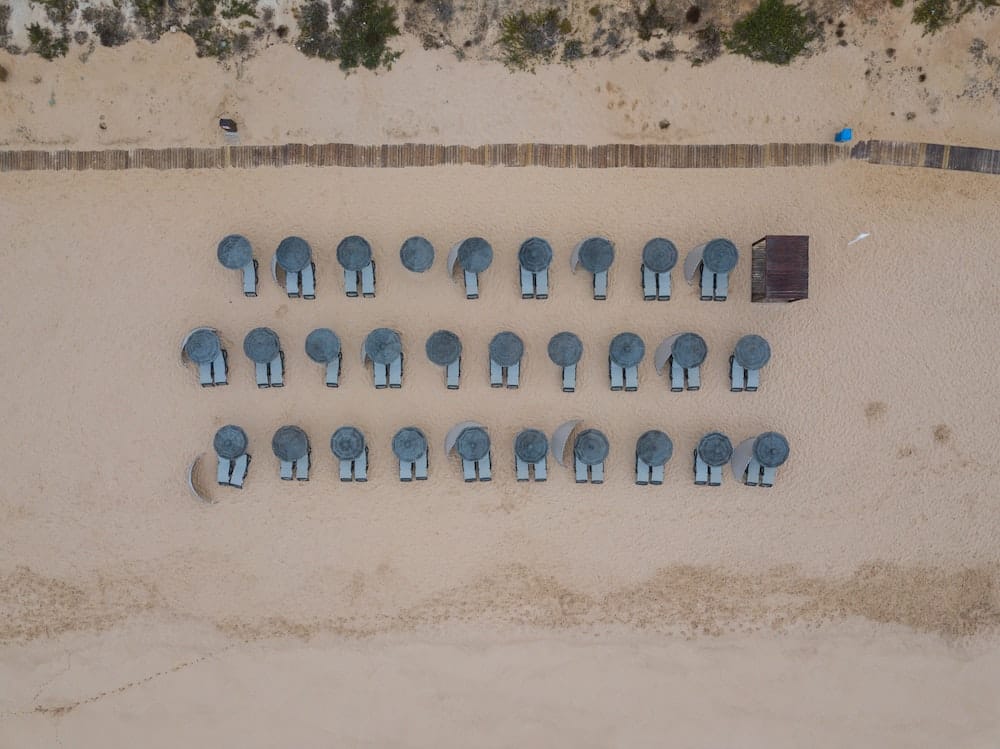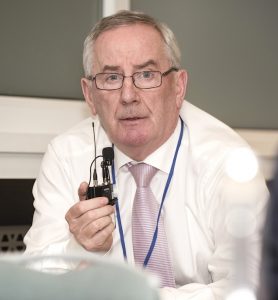
The Irish Travel Agents Association (ITAA) is calling on government to plan for a restart of international travel within the EU. The organisation will address the Joint Oireachtas Committee on Transport today for the “swift implementation of Digital Green Certificates [renamed the EU Covid-19 Certificate] in line with EU regulations and for the Government to begin to unwind current restrictions preventing international travel in order to restore consumer confidence and to set about rebuilding the Irish travel industry.”
Restart of Travel

The ITAA will press the committee to “support and engage” with proposed EU policies for the restart of travel. It will also ask for the removal of current advice against non-essential international travel and to consider the plan announced by the EU Commission to allow travel for fully-vaccinated individuals between Schengen member states.
The ITAA referenced the high costs associated with PCR testing, which “will act as a deterrent for consumers considering booking trips abroad.” This concern is also shared by International Air Transport Association (IATA), who have made the case that testing costs should be lower and covered by the state, as per World Health Organisation (WHO) recommendations.
It is essential that we engage with the proposed EU legislation on Digital Green Certificates to avoid falling behind other EU member states and causing further problems down the line when it comes to restarting our industry,” said ITAA CEO Pat Dawson.
“We must also begin to unwind the current restrictions which are limiting inbound and outbound tourism, and examine current measures which may act as a deterrent for international travel such as high costs associated with PCR testing.”
Credit Card Deposits
The ITAA will ask government to look into the issue of credit card companies requesting substantial cash deposits from travel agents, especially in light of bonding and licensing arrangements already in place. It highlights the importance of continued business supports for Irish travel agents due to the delay between advance booking and travel, which means that travel agents often have to wait for a period of many months before they see any revenue from bookings.
“There is a 6- to 9-month delay between booking and travel which means that our sector must work for 6 to 9 months before we actually count the income generated from advance bookings,” continued Mr Dawson.
“The issue of merchant service providers seeking high cash deposits from travel agents is at odds with the current bonding and licensing arrangements put in place by Government to protect travel agents. We are calling on Government to address this issue immediately to avoid another blow to our industry after such a difficult year. We hope that the Committee will take our submissions on board and that we can work together to secure a positive outcome for our members and customers.”




